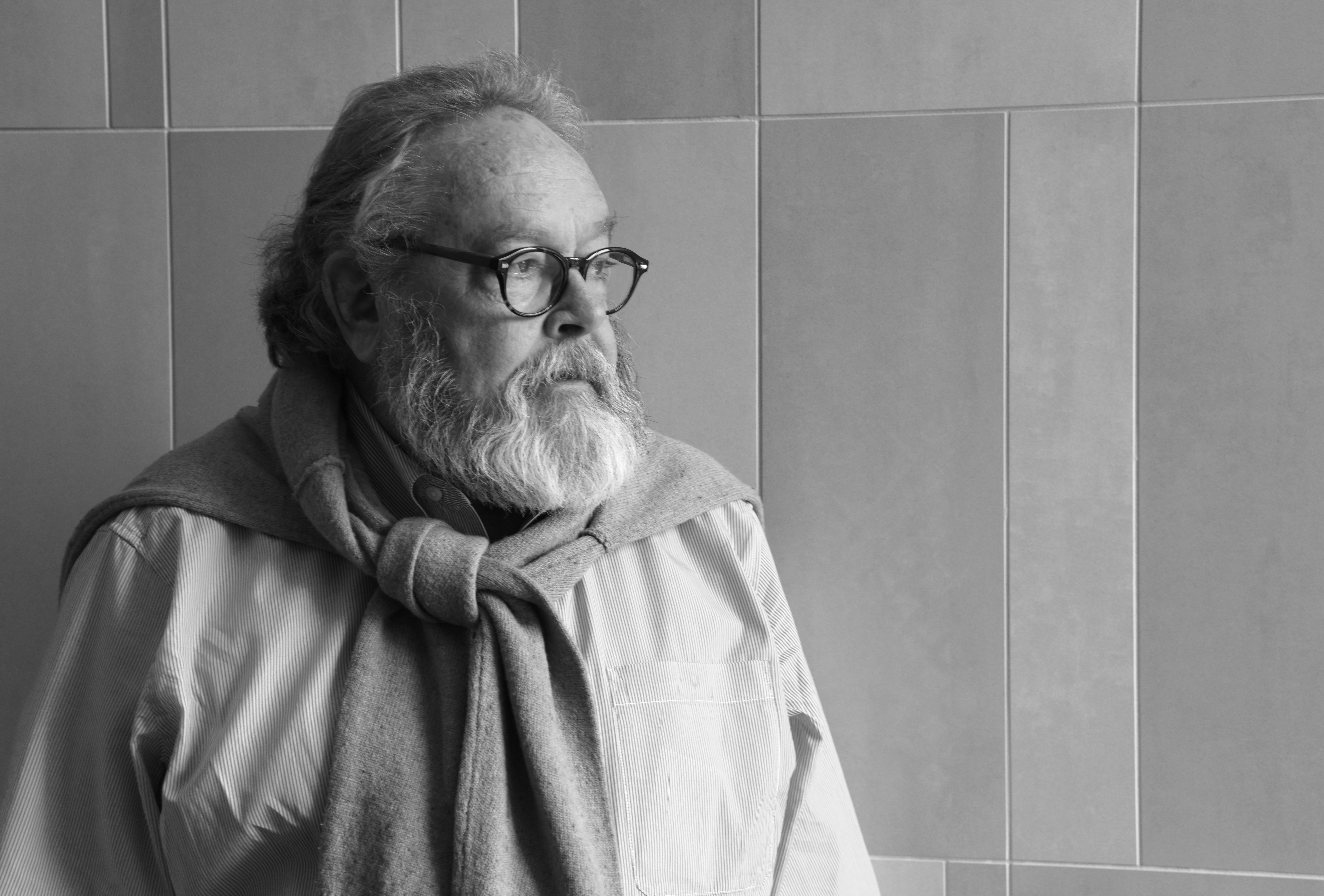
Professor Pat Shea wants his Pakistani exchange students in the USPCASW Water Seminar to return home with something to offer. Not just a cultivated set of skills, but a sort of handbook for action. He is encouraging his students to use their imagination to develop plans for solving the real world problems facing their communities. As he likes to say, “Take your gaze off the ground, and start looking to the horizon.”
The weekly Water Seminar has served as one of the anchors to the USPCASW exchange program. In past semesters, Shea has organized field trips to the Central Utah Water Project, to Salt Lake City’s water treatment facility, to local dams and infrastructure projects, and has introduced his students to many of the leading water managers in the region. “Utah’s water infrastructure offers a different level of scientific development than is seen in Pakistan,” Shea observes. “Our students have a great opportunity to learn from example.”
This semester he is trying something different. He is asking his students to look at the specific challenges facing their home community’s water security, and to create a strategy for solving problems. It’s an ambitious curriculum. A program Shea is calling “critical pathways to crafting solutions.” This approach will require a clear-eyed assessment of the infrastructure and expertise available back in Pakistan, as well as a realistic understanding of how budgets and appropriations work. For this project to be practical, it has to work in the real world: a world of opportunities and limitations.
Engineers understand process, and efficiency. Projects are built in a logical sequence. You lay a foundation before swinging the hammer. Shea’s seminar will stress this process. The first assignment is to develop a contact in their local water resources division back home. Shea also wants to stress the importance of teamwork—of working collectively. For problems of infrastructure and development are not solved in a vacuum, or by any one individual.
That is part of the role Shea sees for the USPCASW exchange program: matching talent with opportunity, and helping to foster the professional networks that are so vital to getting big things accomplished. He also appreciates the program’s emphasis on capacity building. “I’ve always wanted to make an improvement around the world—and education is the key. I try to listen, and to help make connections.” But ultimately Shea recognizes each student is directing the course of their own life. “The word education comes from the Latin educere, which means literally to ‘lead oneself.’ We need to nurture curiosity, and help our students build the skills and confidence to lead for themselves, and work to solve the problems facing the world and their communities.”
